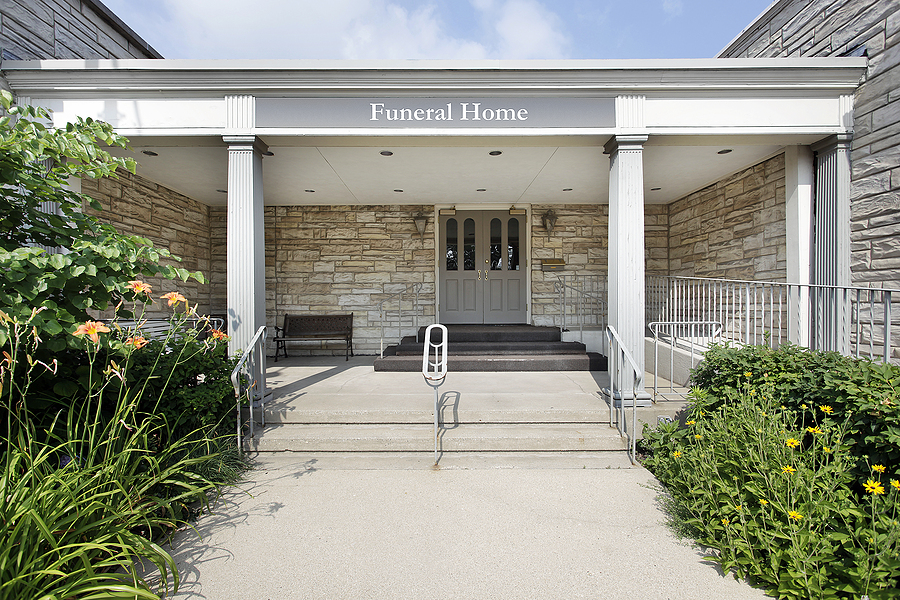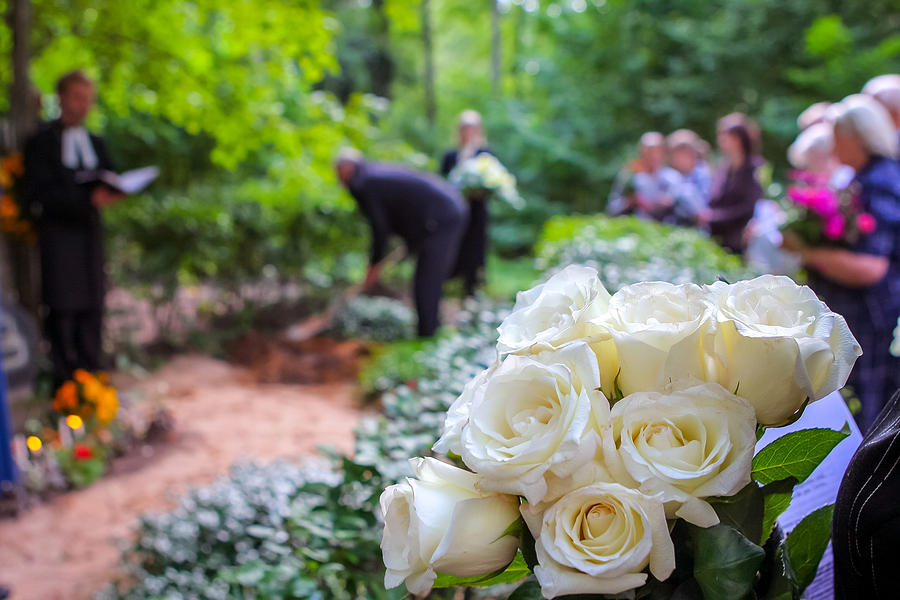The job description for a Funeral Director is quite unique; their role in providing practical organisation, support and guidance for recently bereaved families is unlike any other.
When someone passes away, the Funeral Director’s principal role is to provide their funeral – everything from the coffin to the ceremony, to the burial or cremation. Essentially, they organise all the practicalities of the funeral service.
If the deceased has recorded their final wishes in a funeral plan, the Funeral Director is responsible for ensuring that these are adhered to down to the very last detail. This might include organising the hearse and additional transport, arranging flowers and music for the service, dealing with any floral tributes or charitable donations, and advising on memorials or headstones.
If there is no funeral plan, the Funeral Director can help the bereaved to plan a funeral that meets their wishes by guiding them through the different options that meet their budget. The Funeral Director is then responsible for making all the necessary arrangements, from booking the venue to liaising with various other services and suppliers to make sure everything runs smoothly on the day.
But the role of the Funeral Director is much more varied than simply organising a funeral according to a funeral plan or the wishes of the bereaved family. Among their many tasks are collecting the deceased and taking them into their care until the funeral.
During this time, the Funeral Director may embalm the body to preserve it from decomposition. They may also dress the deceased according to their request in their funeral plan, or the wishes of the family. The Funeral Director will also arrange for the body to be transferred to the place of rest before the funeral and organise visits for the family.
And even after the funeral, they are still available to help arrange ‘thank you’ or obituary cards, or to organise the scattering of ashes after cremation. They also arrange for floral and monetary donations to be forwarded to the right people or organisations, and for graves and headstones to be put in place at a suitable time after burial.
A Funeral Director’s expert knowledge can also be invaluable in guiding families through the legal and physical aspects of dying at what is often a difficult and confusing time. They are skilled in dealing with any legal documents required for the service to occur and can help complete paperwork, offering yet another strand of practical support for families.
The role of a Funeral Director is important for many reasons, but predominantly because they provide necessary support at a difficult time and ease the emotional strain on families by arranging the funeral according to their loved one’s wishes.
It takes a special kind of person to become a Funeral Director; they must be highly organised, thorough and have good attention to detail; they also need to be sensitive, compassionate, and patient. Navigating the sense of loss and grief you feel when a loved one dies can be eased, if only slightly, by making the right choice in Funeral Directors. The Funeral Directors Alliance is a network of local, trusted Funeral Directors who are dedicated to planning and carrying out your funeral with care and dignity.
Image Source: BigStockPhoto.com (Licensed)
Related Categories: Jobs, Reviews, Work








